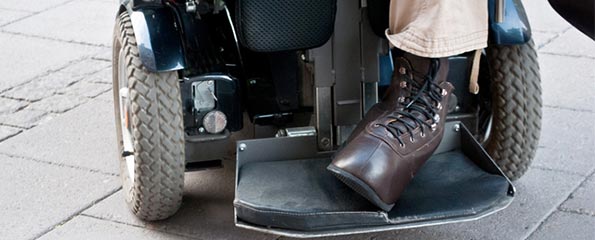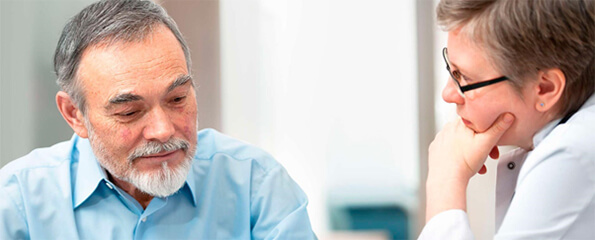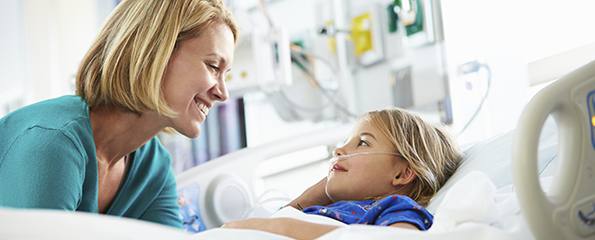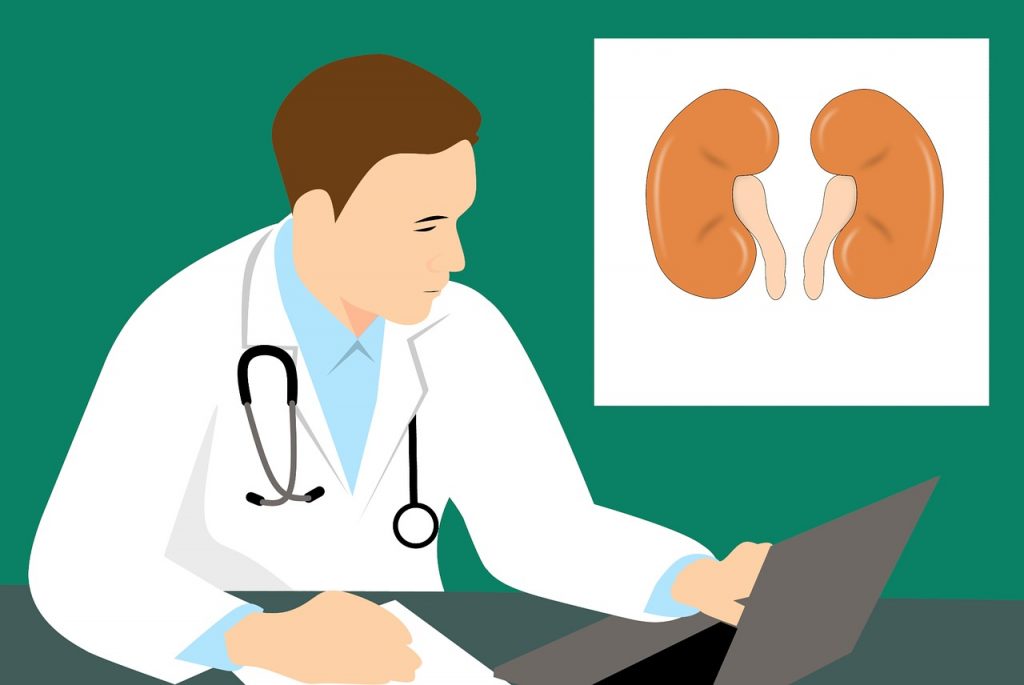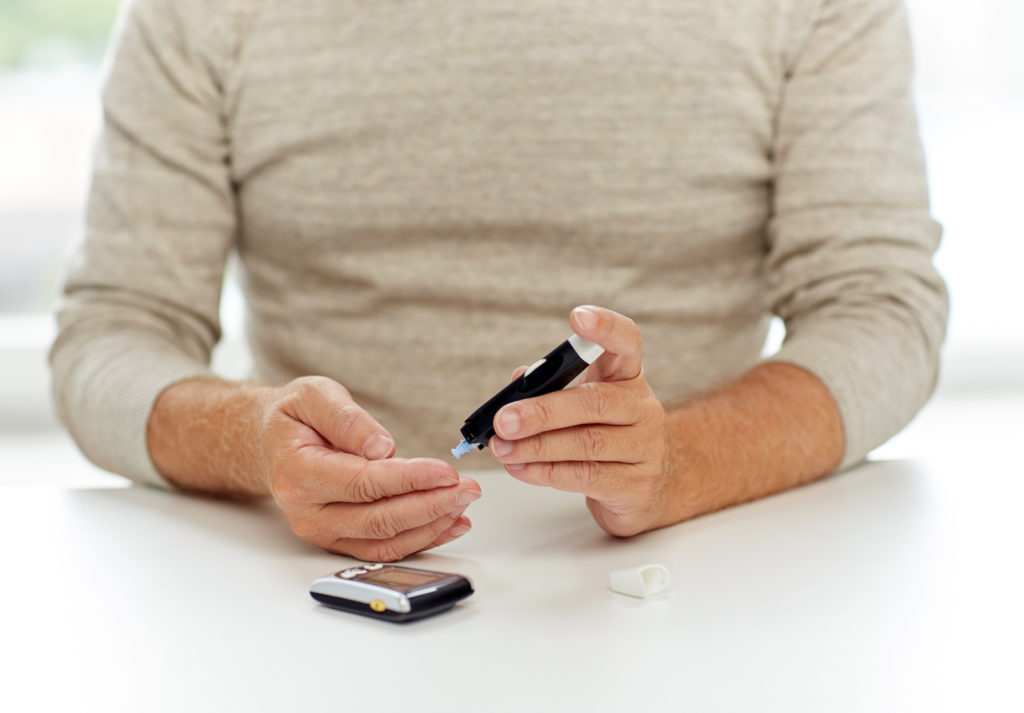The purpose of this trial is to investigate whether a combined dietary and exercise intervention, added to standard care, reduces the expected frequency of insulin resistance in kidney transplant recipients on tacrolimus.
Official Title
A Pilot Trial of the Effect of Dietary and Exercise Intervention on Insulin Resistance and Metabolic Parameters in de Novo Renal Transplant Recipients on Prograf (Tacrolimus)
Conditions
Renal TransplantationGrafting, Kidney
Study Type
Interventional
Study Design
Prevention, Non-Randomized, Open Label, Historical Control, Single Group Assignment, Safety/Efficacy Study
Further Details
Primary Outcome Measures:
- Proportion of patients with insulin resistance, as defined by a homeostasis model assessment (HOMA-IR) of >1 at 6 months.
Secondary Outcome Measures:
- Proportion of patients with composite endpoint of impaired fasting glycaemia (IFG) /impaired glucose tolerance (IGT) /diabetes mellitus (DM) at 6 months.
This study will investigate the effect of a supervised diet and exercise program on the risk of developing diabetes and other related conditions after kidney transplantation. The exercise and diet intervention will include a 6-month program of weight lifting exercises (progressive resistance training) which will be completed three times each week and individualised dietary advice from a qualified dietician. Diabetes is very common following transplantation, developing in up to one-third of kidney transplant recipients. The development of diabetes requires treatment and places those affected at an increased risk of other complications including reduced transplant survival. This is a prospective (subjects are identified and then followed forward in time), single-arm, multicentre, interventional pilot study of the effects of a combined dietary and exercise intervention on glucose metabolism. The subject population includes kidney transplant recipients who have been assigned a tacrolimus-based immunosuppression regimen. The study will include the following evaluations of safety and tolerability; adverse events will be reported by the patient for the duration of the study, a physical examination will be completed by the investigator at each study visit, laboratory investigations and an ECG will be performed at each study visit.
Study Start
July 2007
Eligibility & Criteria
- Ages Eligible for Study: 18 Years and above
- Genders Eligible for Study: Both
Inclusion Criteria:
- Received a living-donor or dead-donor, blood type compatible kidney transplant
- Patient has sufficiently recovered from surgery to tolerate an intensive exercise evaluation
- Patient is 18 years or older at the time of transplantation
- Patient has been initiated on tacrolimus (Prograf)
Exclusion Criteria:
- No significant disease or disability that prevents taking part in a diet or exercise regime (e.g. cardiac instability, including unstable angina and/or other unstable disease, severe cognitive impairment)
- No significant post-surgical complications that prevent participation in the exercise component of the study (e.g. wound dehiscence or infection)
- No contraindications to maximal exercise testing or high-intensity progressive resistance training (e.g. proliferative diabetic or hypertensive retinopathy, un-repaired aneurysm, critical aortic stenosis, recurrent symptomatic hernias, New York Heart Association (NYHA) class IV congestive heart failure)
- No mobility problems
- Patient does not require ongoing systemic immunosuppressive therapy for an indication other than renal transplant e.g. rheumatoid arthritis, and this dose is higher than that required for their kidney disease
Total Enrolment
60
Contact Details
Location:
- Camperdown, 2050, Australia; Recruiting
To find out how to participate in this trial, click here
All content and media on the HealthEngine Blog is created and published online for informational purposes only. It is not intended to be a substitute for professional medical advice and should not be relied on as health or personal advice. Always seek the guidance of your doctor or other qualified health professional with any questions you may have regarding your health or a medical condition. Never disregard the advice of a medical professional, or delay in seeking it because of something you have read on this Website. If you think you may have a medical emergency, call your doctor, go to the nearest hospital emergency department, or call the emergency services immediately.

